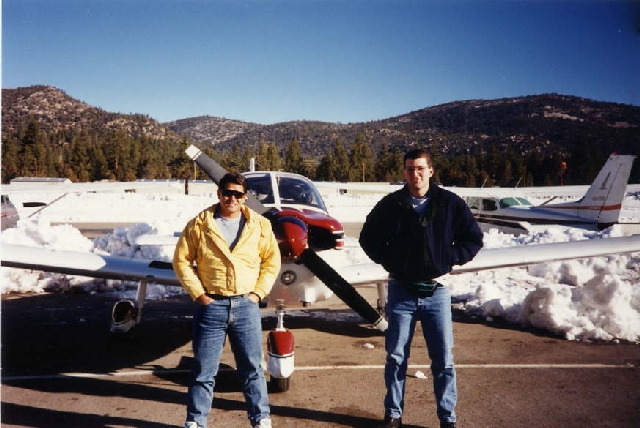[quote="kublikhan"}
Local Food (On Average, As it Currently Really Exists) Does Not Use Less Fossil Fuel[/quote]
Hi Kublikhan,
That might have been the idea even a few years ago, but with technology coming up to speed, this wholesaler (for instance) in Chicago, (which is in Illinois, where we both live

is making life a lot easier with a UPS based business technology called "Roadnet Anywhere" which can track and save a lot of time for the company. They service over 300 clients (who have multiple stores) so these savings on time, money, and logistics can really add up.
Go to
www.goodnessgreeness.com and look up their March 09 company news (on the front page) about the Roadnet study they participated in.
Also, if you browse around their website, they participated in a study downstate at Un. of IL-Champaign on how to get more of the old produce line (before the Interstates killed a lot of the local business) that came up from downstate, via train sytem, back in action. This is something the State is taking an active look at, as Chicago has been very active in the call for Regional farming and support of local production, quality of food, etc. This came about due to the likes of some of the big-name Chefs in the City like Charlie Trotter("Charlie Trotter's), Rick Bayless (Topolobambo, Xocho, Frontera Grill), etc. also go to
http://www.Chicagogreencitymarket.org/chefs and you'll see many more that are demanding the same from our regional farmers.
We here in Chicago have one of the BEST and FINEST BAR NONE regional Farmer's Markets IN THE NATION. Not in the region. In the Nation. Because we support it. AND it is YEAR ROUND. It includes farmers and artisan foodmakers and bakers and cheesmakers, beef, elk, poultry, egg, dairy, etc. for a start. There is no reason that other cities can't DO the same. We are NOT on "the Coast" (where most people think the food trends start and end).
We are the ones pushing the standards that others will look up to, whether it's in developing ways to cut costs of food miles, due to re-estabishment of the 1-85 food train or UPS routing equipment on wholesale delivery trucks.
I just went to my local "Trader Joes", and found out that they are now too expensive, that I can get CHEAPER organic produce at my local "Tony's" Supermarket, which has been listening to what customers want, and have responded by getting in a lot more items in their produce AND foods section. They're not "Whole Foods" by any means, but I can save a lot of money this way. I ended up leaving a lot of things I normally *would have* purchased at Trader Joes' a few years back and headed to Tony's.
Yep, and I'm off to the Farmer's Market tomorrow as well.
Tony's Foods AND the Farmer's Markets..All regional. All local farmers. Organic.
Trader Joe's and Whole Foods....Home of the 3000 mile salad. Organic, Supports your news article.
Guess where a lot of folks are now heading to? (hint: The kid who rang me out at a local Whole Foods also admitted he shops at Tony's for Organic produce for a whole lot less....)
Things are turning around! Who'd a thunk it a few years ago....?
Blu


 )
)



